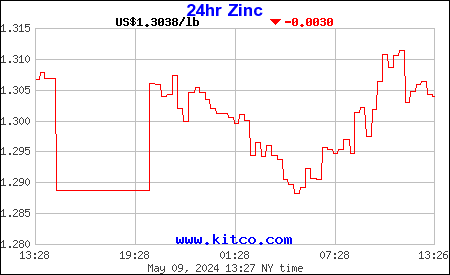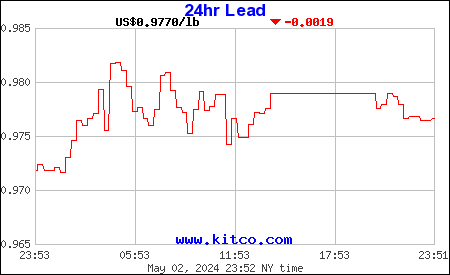



Le zamak est un alliage composé principalement de Zinc, d’aluminium, de magnésium et parfois de cuivre en fonction des nuances. Utilisé dans de nombreux domaines, les alliages de Zinc appelés « ZAMAC » ou « ZAMAK » permettent d’obtenir des pièces de fonderie minces, complexes avec des tolérances dimensionnelles réduites et des cadences de production élevées.
L’utilisation du plomb remonte à des temps très anciens, on lui doit des inventions telles que le fil à plomb, les caractères d’imprimerie, les batteries… Du fait de sa toxicité une règlementation encadre son emploi mais il reste toujours indispensable dans de nombreuses filières de l’industrie. Nous l’employons avec différents procédés de fonderie pour les différents besoins de nos clients.

Cours du Zinc

Cours du plomb